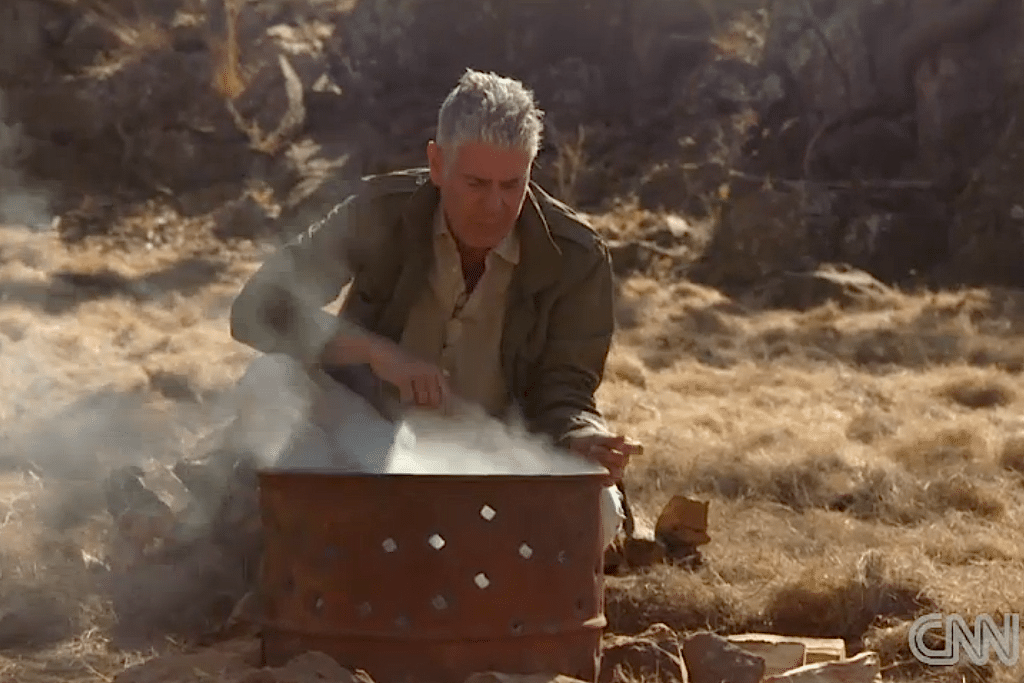Anthony Bourdain’s ‘Parts Unknown’ Episode 6 Recap: Understanding Joburg

Skift Take
Old news reels intermixed with gorgeous images of local landscape and people, an open and honest conversation about socioeconomics and politics, and a plate full of food -- these are the ingredients to one of this season's best episodes yet.
Bourdain humbly admits how wrong his preconceptions of South Africa were after a trip into the country's heart and largest city -- Johannesburg.
This Sunday's episode of Parts Unknown was quintessential Bourdain. It gave viewers a brief but honest history of a destination that too few Americans understand and sought answers about its future with a diverse set of locals.
The viewer is right alongside Bourdain as he tries to understand just exactly what Nelson Mandela means to the people still living in his old neighborhood of Soweto and how one of the more developed nations of Africa attracts people from ar
